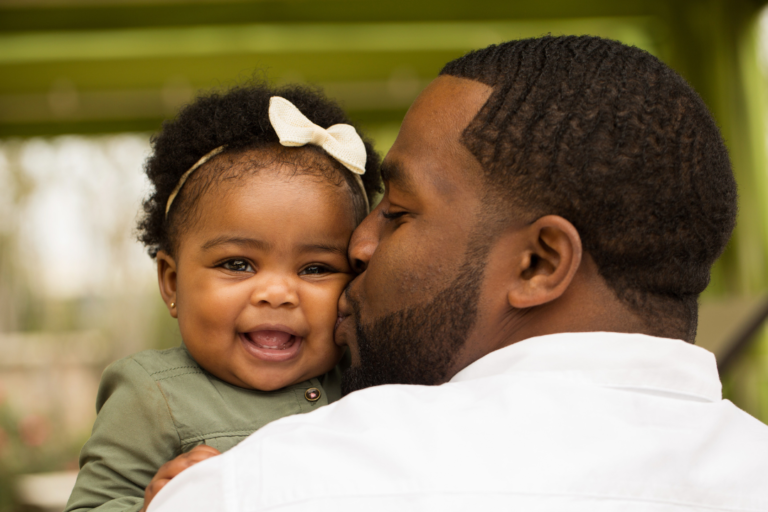There are 7 ways to boost your baby’s immunity in infancy. In the first few months, your baby’s immune system is immature. Fortunately, your baby was born with a natural immunity inherited from you during pregnancy. In addition, colostrum – the milk your baby gets from the breast in the first three days of life – has a high dose of antibodies.
These antibodies create a passive immunity – in other words, a gift from you to your baby. But it doesn’t last long – just a few weeks or months and your baby needs to develop their own immunity.
As seasons change – there are more germs going around and as a result, more chances of getting sick. Let’s look at 7 ways to boost your baby’s immunity.
7 ways to boost your baby’s immunity:
1. Sleep
Research shows that when we get enough sleep, our immunity increases – specifically T-cells, which are the killer cells that attack viruses. So make sure your little one is not sleep deprived. Even toddlers should be asleep by 7pm.
2. Breastfeeding
The best way to boost your baby’s immunity in the first year is to breastfeed. Even once your baby is on solids, breast milk continues to carry some of your antibodies to your baby.
3. Diet
The food you feed your baby will help them build immunity by providing micronutrients. Make sure your baby eats healthy foods like fruit and veggies as well as fish, meat, nuts, and whole grains – all of these contain vitamins and micronutrients needed for immunity.
4. Supplements
If your baby is breastfed and has a wholesome diet once on solids, you don’t need to supplement their diet with vitamins. However, if they are a fussy eater (especially in the toddler years) it is worth taking a good multivitamin for babies and young children. Make sure it has high levels of Vitamin C and Zinc. Your pharmacist can guide you to the best choice.
5. Vaccinations
Without question, the most important of the 7 ways to boost your baby’s immunity is inoculations against dangerous childhood illnesses. Follow the government schedule to ensure your baby’s vaccinations are up-to-date.
6. Avoid germs
Until your little one has had their vaccinations – especially in the first three months – try to avoid sick people and busy places, such as public transport, with your baby.
7. Cleanliness
While we do not want an overly sterile environment (this increases the risk of allergies), we do want to prevent the spread of germs, especially if we are in contact with sick people. The best way to do this is to regularly to wash your hands and sterilize your baby’s feeding equipment until 6 months of age.
For more expert tips to keep your baby healthy, download Parent Sense. It’s the all-in-one baby app that allows you to quickly and easily track your baby’s weight, health check ups, vaccinations and more.




